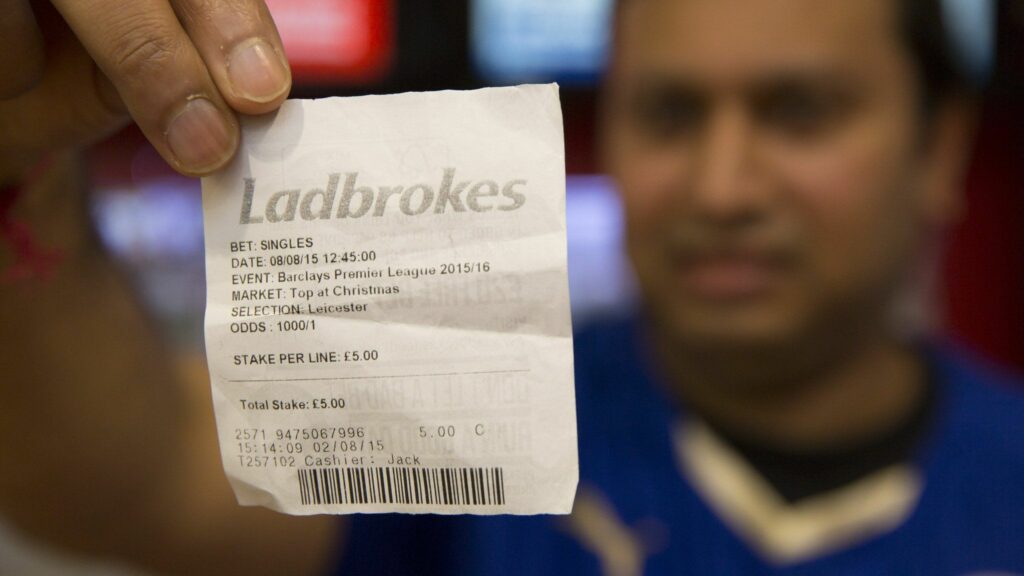Table of Contents
Sports betting is an evergreen affair that refers to sports fans and viewers putting money on either team or players in action with the aim of either making more money or making the sport more watchable by putting more stakes on the game.
The History of Sports Betting
From the Ancient Greeks to the Roman Empire, betting was the norm and helped pique the interest of the common public in sports or even gladiatorial games. In the 18th century, horse racing in the United Kingdom attracted the most bets, and a gambling culture was established in British society, which is still prevalent these days.
Evolution and growth of betting
The UK Gambling Act of 1845 brought some semblance to the betting world and was one of the first documented attempts at legalising betting and gambling. With the onset of the 19th century, sports like cricket, boxing, and horse racing started gaining popularity and were played in a more formalised manner, allowing the fans to place their wagers and bets on the action.
Major milestones in sports betting
The 1900s saw football’s popularity grow like wildfire, and football pools for betting were a common sight in the UK in those days. From horse racing, people switched to greyhound racing as breeding greyhound dogs was a comparatively easier task and took fewer resources.
The 1960 Betting and Gaming Act sought to legalise sports betting in the UK and take it off the streets where crime syndicates, mobs, and mafia had started dictating the odds to the common public. The law came into effect on 1 January 1961, and 16,000 licences were granted by the end of 1965, which saw a severe decline in greyhound racing in the UK.
Understanding Odds and Payouts
One can only become a successful sports bettor if they have a strong understanding of the odds and payouts involved before putting money at stake.
European betting odds (in decimal) are the most popular ones used by bookmakers and refer to how much a person would pocket if they put 1 Euro at stake on a certain bet. In British betting odds (also known as fractional odds), the numbers shown refer to the profit and the stake involved rather than the total amount one would pocket at the end of the bet.
Decoding the numbers
In European betting odds, T=S*D where T is the total money pocketed by the bettor if the bet goes their way while S is the stake involved, and D is the decimal odds selected by the bettor.
In British betting odds, T=S*F+S where T is the total money pocketed by the bettor if the bet goes their way while S is the stake involved, and F is the fractional odds selected by the bettor.
How odds are determined?
The odds are usually determined by the bookmakers, done by the popular websites these days as the increasing competition allows the users to find their preference of bookmaker by doing in-depth research of the odds offered by the various websites.
If the bettor places their bet on the side which is the favourite to win the bet, the winning reward would be lesser compared to the bettor who favoured the underdogs. One must understand that the higher payout signifies a lower chance of winning the bet.

For eg. Leicester City was 5000:1 to win the Premier League in the 2016-17 season, which means that anyone who bet on the Foxes to lift the title earned 5000 euros for every euro they put at stake in the bet.
Common Betting Mistakes
Novice bettors don’t use a few basic rules that could save one from losing the entirety of their bankroll. Here’s a look at three of the most basic rules to follow while placing bets on a certain sporting weekend:
Getting blown away the wind of trends: When a certain team is on a winning spree, the bettors tend to favour the said team, which is a two-edged sword since the favourites always get the worst odds.
Unrealistic expectations are the biggest fallacy: Often, novice bettors come into the scene to earn unrealistic money in a very short span of time, which is the biggest known reason for betting careers to end in their infancy periods.
Set a certain quantity of bets for a night: Betting on five matches each from four different sports on a certain night/weekend is discouraged since one bad evening could lead your bankroll to deplete quickly, derailing your future betting evenings.
Pitfalls to Avoid
While avoiding the most common betting mistakes is crucial, it’s equally important to avoid a few pitfalls that have even troubled the most professional of bettors over the last few decades.
Going with the heart instead of the head: Certain sports fans bet on their favourite teams to win even if they have the records against them, or certain fans bet on the side with the most number of star players, which often goes against the bettors.
Taking it easy with the required research: A bettor should never take his/her research lightly, as good work off the field often produces the best results on the field, and the same is true in the betting world.
Tips for Successful Betting
Before putting the money at stake, one must go through some points to remember that would help them throughout the process of betting.
Ensure good money management: Setting a budget for oneself and sticking to a unit price for every bet allows the bettor to stay on track and keep betting even if a few results go against their way.
Track the outcomes regularly: Certain bettors start betting a sum of money, and they keep draining the resources without checking the outcomes of the recent bets, which is the only way to track the progress and stops one in their growth in the betting world.
Maximising returns and minimising risks
Shop around for the best odds: In the modern age, fifty different websites offer different odds as per their bookmaking experts and shopping around for good odds can help one maximise the returns.
Familiarity breeds more money: Always make an informed decision and never bet on sports that you are either not interested in or don’t have the required knowledge to go all the way till the end with the said bet.


